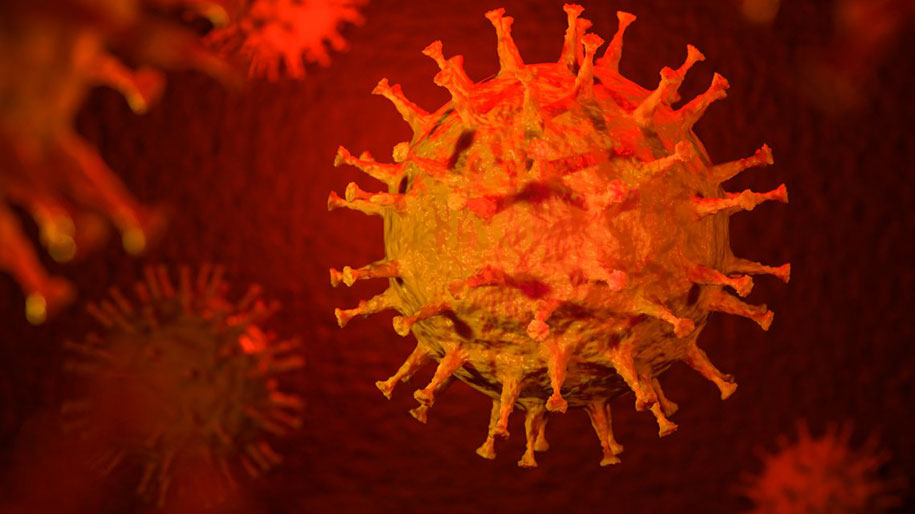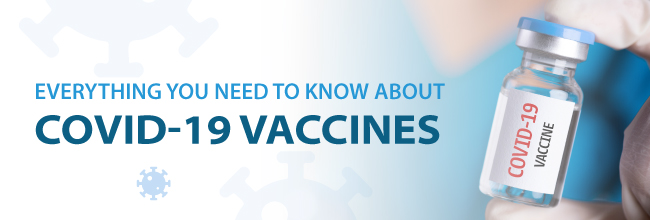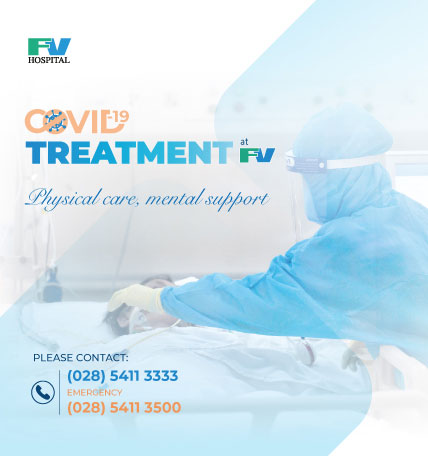There are a few types of Coronavirus. Coronaviruses are types of virus that typically affect the respiratory tract of mammals, including humans. They are associated with the common cold, pneumonia, and severe acute respiratory syndrome (SARS) and can also affect the gut.
Different types of human coronaviruses vary in the severity of illness they cause and how far they can spread.
Rare but dangerous types include MERS-CoV, which causes Middle East Respiratory Syndrome (MERS), and severe acute respiratory syndrome (SARS-CoV), the coronavirus responsible for SARS.

In December 2019, a novel coronavirus, COVID-19 (previously named ‘2019-nCoV’) has caused an outbreak of respiratory illness. It was first detected in Wuhan City, Hubei Province, China and has since spread globally.
About COVID-19 (Coronavirus Disease)
COVID-19 is a virus (more specifically, a coronavirus) identified as the cause of an outbreak of respiratory illness first detected in Wuhan, China. Early on, many of the patients in the outbreak in Wuhan, China reportedly had some link to a large seafood and animal market, suggesting animal-to-person spread. However, a growing number of patients reportedly have not had exposure to animal markets, indicating person-to-person spread is occurring. At this time, it’s unclear how easily or sustainably this virus is spreading between people.
Symptoms
For confirmed COVID-19 infections, reported illnesses have ranged from people with little to no symptoms to people being severely ill. Symptoms can include:
- Fever
- Cough
- Breathing difficulty
- Tiredness
- Olfactory loss
In some cases, the coronavirus does not present any symptoms such as common fever, colds, but the virus itself is present.
How it spreads
Much is unknown about how COVID-19, a new coronavirus, spreads. Current knowledge is largely based on what is known about similar coronaviruses. Coronaviruses are a large family of virus that are common in many different species of animals, including camels, cattle, cats, and bats. Rarely, animal coronaviruses can infect people and then spread between people such as with MERS, and SARS.
Most often, spread from person-to-person happens among close contacts (about 6 feet). Person-to-person spread is thought to occur mainly via respiratory droplets produced when an infected person coughs or sneezes, similar to how influenza and other respiratory pathogens spread. These droplets can land in the mouths or noses of people who are nearby or possibly be inhaled into the lungs.
Prevention
One important thing to note is to take preventive measures to lower the risk of infection. Although wearing a mask is not proved to protect human from the virus. The mask will help to prevent the individual from infecting others.
What is more important is to ensure that we always keep our hands clean. We touch a lot of objects in a day and we inevitably touch our faces or even touch our family members. These are how virus and bacteria are spread. Listed below are some of the other more common preventive measures you can take to help prevent the spread of respiratory virus.
- Wash your hands often with soap and water for at least 20 seconds, especially after going to the bathroom; before eating; and after blowing your nose, coughing, or sneezing. Click to learn about the 8 Important Steps to Hand Hygiene
- If soap and water are not readily available, use an alcohol-based hand sanitizer with at least 60% alcohol. Always wash hands with soap and water if hands are visibly dirty.
- Avoid touching your eyes, nose, and mouth with unwashed hands.
- Avoid close contact with people who are sick.
- Stay home when you are sick.
- Cover your cough or sneeze with a tissue, then throw the tissue in the trash.
- Make sure meat and eggs are cook thoroughly.
- Avoid wet markets
- Disinfect frequently touched objects and surfaces.
Treatment
There is currently no vaccine available to protect against COVID-19 infection. Infected individual should seek medical care immediately.
For more information about COVID-19, safety advices and sample taking arrangement, please contact FV Hospital via contact No.: 028 5411 3333.
For consultations, kindly contact our Call Centre
Hotline: (028) 54 11 33 33
Monday – Friday: 08:00 — 17:00
Saturday: 08:00 — 12:00
Sunday & Public Holiday: Closed






